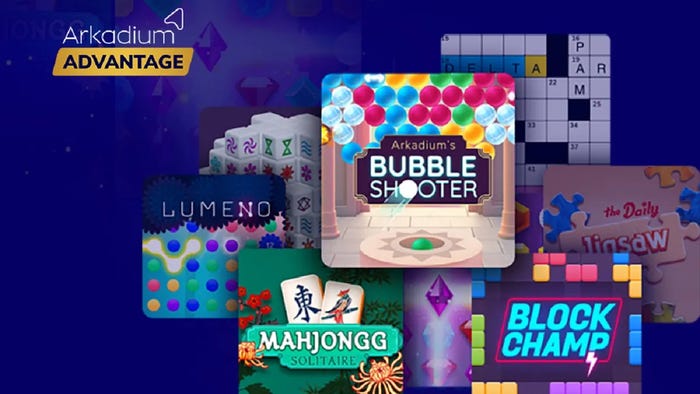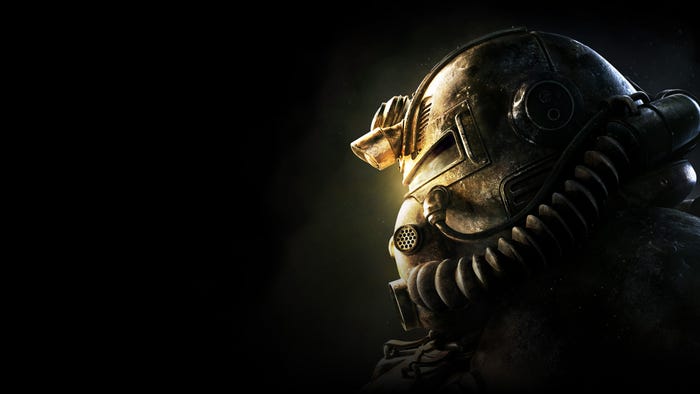This week's edition of Critical Reception examines online reaction to Super Mario Galaxy, the long-awaited Wii entry in Nintendo's flagship franchise that some critics are calling "an exceptional game by any standard."

This week's edition of the regular Critical Reception column examines online reaction to Super Mario Galaxy, the long-awaited Wii entry in Nintendo's flagship franchise that some critics are calling "an exceptional game by any standard." Since the release of the Nintendo Wii late last year, perhaps no title has been as highly anticipated as Super Mario Galaxy. Galaxy's release has become even more important at this point in the Wii's lifespan, following the recent announcement that Nintendo's other likely holiday hit, Super Smash Bros. Brawl, would not see release until 2008. Early previews and trade show demos for Super Mario Galaxy were almost universally met with a positive response from gamers in the months leading up to the title's release, and the retail release of Super Mario Galaxy appears to be no different, earning a Metacritic-averaged score of 97 out of 100 from critics. Margaret Robertson at Eurogamer awards Super Mario Galaxy a score of 10 out of 10, noting that it will make gamers question why other games aren't as inventive or rewarding. "What have we all been playing at in the ten years since Super Mario 64 came out?" she asks. "This is what gaming ought to be like." "Bright, bold, unrepentantly loony, Galaxy is everything you wanted it to be," Robertson continues. "It's the best thing on Wii, and the best traditional game Nintendo has made in a decade. The only thing about it which dulls your enjoyment is the memory of all the mediocre games you've had to play in the meantime." Robertson is especially impressed by Galaxy's size and scope. "Galaxy gives you a universe," she writes. "Nothing is rationed here - not ideas, not space, not colour. Levels spin off into infinity, whole planets are built just for the sake of one joke or one puzzle." Also cited as one of the game's biggest strengths is it effective manipulation of gravity as a key gameplay mechanic. "Where's the sky? Where's the ground? Dimensions come and go as the game slips in and out of 3D and 2D with little warning and no reservations," Robertson says. "Gravity flips and switches - on, off, one way then another way. It would be the game most guaranteed to give you vertigo, if at any point you had any clear idea which way down was. Instead, you just follow the fun, chasing star trails and distant glimmers across oceans of empty sky." Robertson also notes some occasional issues regarding controls and fragmented level design, but emphasizes that none are irritating enough to affect gameplay. "The great challenge in making a follow-up to Mario 64 was always that to do it justice, you'd have to make a game which is as much its own as Mario 64 was," she concludes. "Where Galaxy matches Mario 64 is not quite in its quality of execution [...] but in its confidence and originality. Another decade needs to go by before we'll know whether it will come to be as revered as 64 did. For now, all that matters is that the waiting is finally over." 1UP.com's Jeremy Parish rates Super Mario Galaxy at 9.5 out of 10, noting that the title's achievements seem all the more impressive following Super Mario Sunshine's mixed reception. "It is an exceptional game by any standard, Mario or otherwise," he asserts. "It doesn't invent new kinds of gameplay, but it represents something that is perhaps equally important: A rethinking of how 3D platformers should work." Parish explains: "The decade since the N64's debut has seen the genre struggle (and generally fail) to move beyond simply piling needlessly complex controls and obsessive-compulsive item collection on Mario 64's foundation. Galaxy strips away those encumbrances, revisits the essential concepts that made its esteemed predecessor so enjoyable, and then expands on them in new and intriguing ways." Also noteworthy, according to Parish, is Galaxy's restrained and effective usage of motion controls. "Wii functionality is incorporated into Galaxy more subtly and effectively than in any action game to date, and it allows for a simplified control scheme that nevertheless offers Mario more varied control options than ever before," he says. "Only a few sections of the game are entirely reliant on advanced Wii functionality (using the tilt controls to steer Mario atop a rolling ball, for instance), but these are quarantined entirely within stand-alone stages and never intrude on the basic run-and-jump action." Even with its new complexity in concept and controls, however, Galaxy remains an accessible title with broad appeal. "In Galaxy, Nintendo finally makes good on its grand ambition this generation: to create a game that anyone can play, but laden with enough depth and intricacy to satisfy its hardcore fans," he says. "Anyone can beat Galaxy with enough persistence, but complete mastery of the game demands genuine skill." "In short, Galaxy is one of the most impressive, engrossing games in recent memory -- and quite the contrast to the rest of this year's triple-A gaming crop, which tends toward the dark, the M-rated, and the first-person perspective," Parish observes. "Galaxy proves that Mario matters just as much today as he did 25 years ago, and that makes him one of a kind in this medium. But don't play Galaxy simply because Mario is the timeless godfather of gaming. No, play Galaxy because it's fantastic." GameSpot's Alex Navarro also scores Galaxy at 9.5 out of 10, and mirrors Parish's comments about its accessibility. "It is simultaneously one of Mario's best adventures and a game that doesn't require fandom of the portly plumber's previous engagements to appreciate," he says. "The sheer quality of Mario Galaxy's wonderful level designs, tight controls, and brilliant presentation is the sort of thing that just about anyone who loves gaming should be able to appreciate, and that many will fall head-over-heels for." "Practically every galaxy you explore is an absolute joy to experience," writes Navarro. "The level designs here are top flight in every regard, with tons of clever and sometimes dastardly traps and puzzles for Mario to navigate. The difficulty doesn't start off terribly high, but as time goes on, the game ramps up nicely, building the challenge steadily until the final areas, which, though perhaps a bit frustrating to inexperienced players, provides the exact sort of tough workout you've come to expect from a Mario adventure." Navarro mentions that Galaxy's return to Super Mario Bros. 3-like powerup suits is largely successful, despite a few missteps. "In most cases, the game takes great advantage of these abilities in the context of each level," he notes. "A few involving the bee suit are a bit frustrating (given that you lose the suit when you touch water) and the spring suit is kind of a pain to control given Mario's perpetual bounciness, but otherwise, these abilities add a great dimension to the already excellent gameplay." Navarro additionally praises Galaxy's graphics ("There simply isn't a better-looking Wii game available.") and replayability, though camera control sometimes becomes a bother. However: "When all is said and done, the thing that really makes Super Mario Galaxy such a standout game isn't the fact that it's another Mario game, but the fact that it doesn't even need to be a Mario game to be successful." "You could probably swap in just about any other characters from practically any other franchise, and this would still be a phenomenally fun game," Navarro explains. "That it layers all these memorable characters and components on top of that phenomenal design just makes it all the sweeter. If ever there were a must-own Wii game, Super Mario Galaxy is it." As some critics have observed, years of anticipation and high expectations have placed Super Mario Galaxy in a precarious situation. Given that well-made but occasionally problematic titles like Luigi's Mansion and Super Mario Sunshine have met with strong negative reactions from hardcore Mario series fans, even the slightest weakness in Galaxy could have prompted a similar response. Thus far, however, Super Mario Galaxy has enjoyed universal acclaim from critics, and many claim that the title is a must-buy for any Wii owner.
About the Author(s)
You May Also Like









